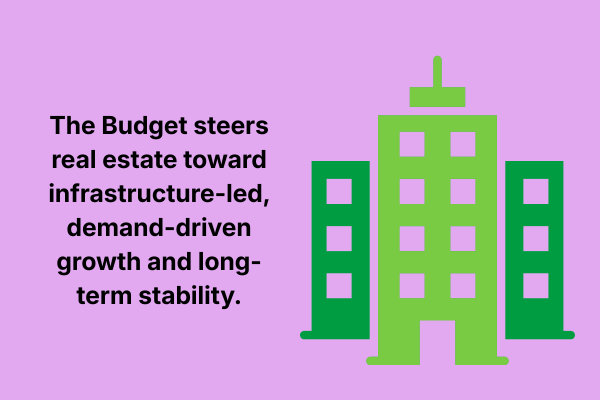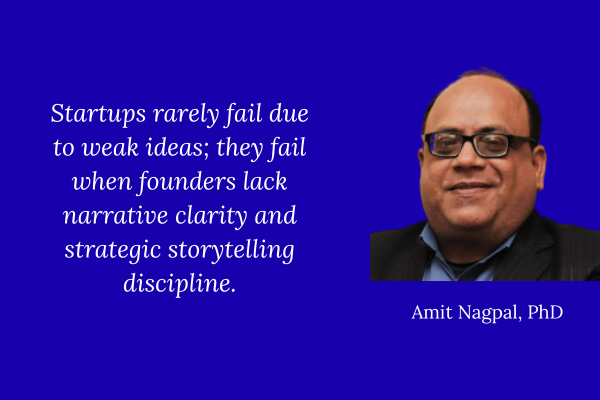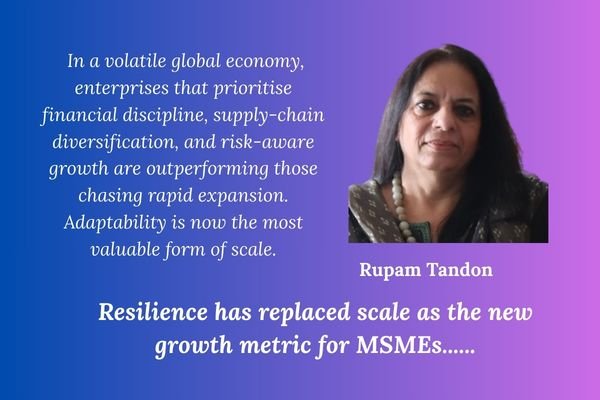The prevalence of zoonosis infectious diseases caused by a pathogen that has jumped from an animal to a human is nothing new. Zoonotic diseases are a part of our lives today, so much so that living with the virus is emerging as the new reality. Humankind has been living with contagious diseases and over time, has learned to live with them. Plagues, small-pox, Spanish flu, MERS, SARS Nipha and several other contagious diseases and now the Covid-19. are all nothing new and many more are still to come. This raises several questions. While modern medicine has advanced so much and found out cures for many diseases, when it comes to a viral attack, it is helpless in finding a cure. Moreover, lack of vaccines and other preventive measures have forced societies into lockdown, as we’ve been experiencing all too well.

The economic and social costs of the pandemic are worrisome: Businesses, farming activities and even normal day to day life have been badly hit. When human interventions cross the limit, they can break the natural equilibrium. Shrinking forest cover, over depletion of natural resources, unlimited mining and quarrying have all taken a toll on our ecosystem.
While many are dying of Coronavirus infections on the one hand, there are possibilities of a major crisis that could emerge from food scarcity and shortage of essential commodities emerging from the economic lockdown. This will have long term implications on food security, health and livelihood security of masses across the world, particularly in the low- and middle-income countries of Asia and Africa.
Development models
These developments indeed raise several questions about how economies, growth and lives must move on. The way we perceive human development process as a linear process calls for a detailed review. The development of human life and our incorrect perception about this has caused the current economic and health emergency. The pandemic has exposed human vulnerability like never before. Exploiting natural resources without considering its ramifications results in tragedy for the human race. So today, the world has no idea when the ongoing outbreak will be contained.
Even the basic lessons of life and livelihood are ignored at the cost of development. Fact is, an affluent consumption-based lifestyle is no longer sustainable.
Ecology and economy
In the haste to carry on with this development saga, the equilibrium of nature has been grossly violated. The merciless human-centric development process has been bulldozing the natural process of development, thereby inviting an ever-intensifying chain of natural disasters. This in turn, has been negatively impacting economies all over the world. Ironically, governments after governments are still searching for economic packages and safety nets to cushion the fall, without realizing that the problem lies in the development policies that they pursue.
Why do workers have to go back to their villages?
The lockdown has affected daily wage labours in most of the developing world. It’s the Informal sector that absorbs most of the workers. And economies in the developing world is dominated by the informal sector enterprises. Again, it is important to note that majority of those in the informal sector in the urban centres are migrants.
The exodus of migrant workers from the urban India and the States where they currently live in fact exposes the inadequacies of infrastructure and lack of social security provision for them. Most of them live in slums. And many others live in temporary spaces, just for instance below parked trucks, lorries, buses or under a railway bridge or on the pavements. Those informal transport operators like cycle rickshaw pullers, many of them in urban India, rest on the cycle rickshaw itself. They lack a space to live, spend time and rest during a lockdown. Where else they go, other than to their own villages, when their former living space – the streets and shadows of highway bridge or metro rail bridge – are being cleaned up for social distancing?
Their exodus highlights the need for building affordable housing for this section in a massive scale in the urban centres. Lack of access to food and other entitlements in the host city or state is another concern that needs to be addressed.
A large section of our population is in panic, particularly these workers. The current economic and market system, which is heavily dependent on migrant labour, is indeed in a serious crisis today. Not just in India, but all over the world.
Affluence and faceless market
Despite soaring unemployment, malnutrition and poverty, capitalism and markets thrive with all its disparities. The stock market indices and stock market have no meaning for the vast majority of the people.
A section of society cornered all the benefits of development. The affluent and elite are significantly dependent on the cheap migrant labour. Their presence in urban centres enhances the labour supply and brings down wages in urban centres. Behind the success stories of our urban elites and the affluent sections, there are these migrant workers.
The great exodus of migrant workers leaving for their homes can shake the exploitative urban economy and its development ecosystem, which is based upon middlemen, forced labour, high-debt burden back home and wages below the minimum wages.
Sustainable development and SMEs
The small economy has a significant role in the development of a sustainable planet for the twenty-first century. A Gandhian and the Buddhist approach to economic development, which focuses on sustainability principles is the need of the hour. And local economies need to be strengthened with a focus on self-sufficiency. Cottage units, micro and small manufacturing industries and agriculture products produced in the village farms, where food security can be ensured, should be the situation in the post corona days. Indigenous economic wisdom and it’s simple living is a valuable lesson for us to learn from this pandemic induced lock-down. This aboriginal, tribal, indigenous wisdom and talent is a way of life and a new lesson for sustainable future.
(C. K Vishwanth):
About the author: Vishwanath is an independent researcher, thinker and political analyst. He is based in Kannoor, Kerala.
12 May 2020
Additional information: Notes
Budhist Economics
Buddhist economics integrates sustainability, equity, and compassion.
“The Buddhist point of view takes the function of work to be at least threefold: to give man a chance to utilise and develop his faculties; to enable him to overcome his ego-centredness by joining with other people in a common task; and to bring forth the goods and services needed for a becoming existence. Again, the consequences that flow from this view are endless. To organise work in such a manner that it becomes meaningless, boring, stultifying, or nerve-racking for the worker would be little short of criminal; it would indicate a greater concern with goods than with people, an evil lack of compassion and a soul-destroying degree of attachment to the most primitive side of this worldly existence. Equally, to strive for leisure as an alternative to work would be considered a complete misunderstanding of one of the basic truths of human existence, namely that work and leisure are complementary parts of the same living process and cannot be separated without destroying the joy of work and the bliss of leisure.”
Source: Budhist Eocnomics , By E. F. SCHUMACHER
Mahatma Gandhi, Green Economy and Sustainable future
“In Mahatma Gandhi’s opinion, in any scheme of development, man should be at the centre. A long term view of development has to be taken, for we owe our debt to prosperity as well. Man has to make a judicious use of natural resources. The ecological balance should not be disturbed. The objective should not be to build the islands of prosperity in the ocean of poverty; but to raise the level of standard of life and to combat poverty.
Gandhi’s ideas are also reflected in the total value shift in production, consumption, habits and political systems. It places more emphasis on moral responsibility of the individual at the personal, social, national and universal level.
Gandhi believed in Sarvodaya and therefore the welfare of all was the basis of his thinking; hence his community centred approach towards sustainability emphasized on ‘betterment of human life’ and ‘ensuring fulfilment of basic needs of all human needs’. Welfare of the human beings being the ultimate goal by avoiding all sorts of exploitations, Gandhi felt that human dignity needs to be established.
Gandhi emphasized that creation of wealth through fairer means and without endangering sustainable development has to be the basis of economic policy. Simple living and high thinking should be our philosophy of life. Gandhian ideas are spiritually orientated and have a holistic approach. It is inclusive in nature.Environmental sustainability is the most burning issue with which every one of us is related very closely””
Author Profile
- C. K Vishwanath is an independent researcher and political analyst. Can be reached at ckvishwanath@gmail.com










The government should seriously consider encouraging small scale industries futhermore